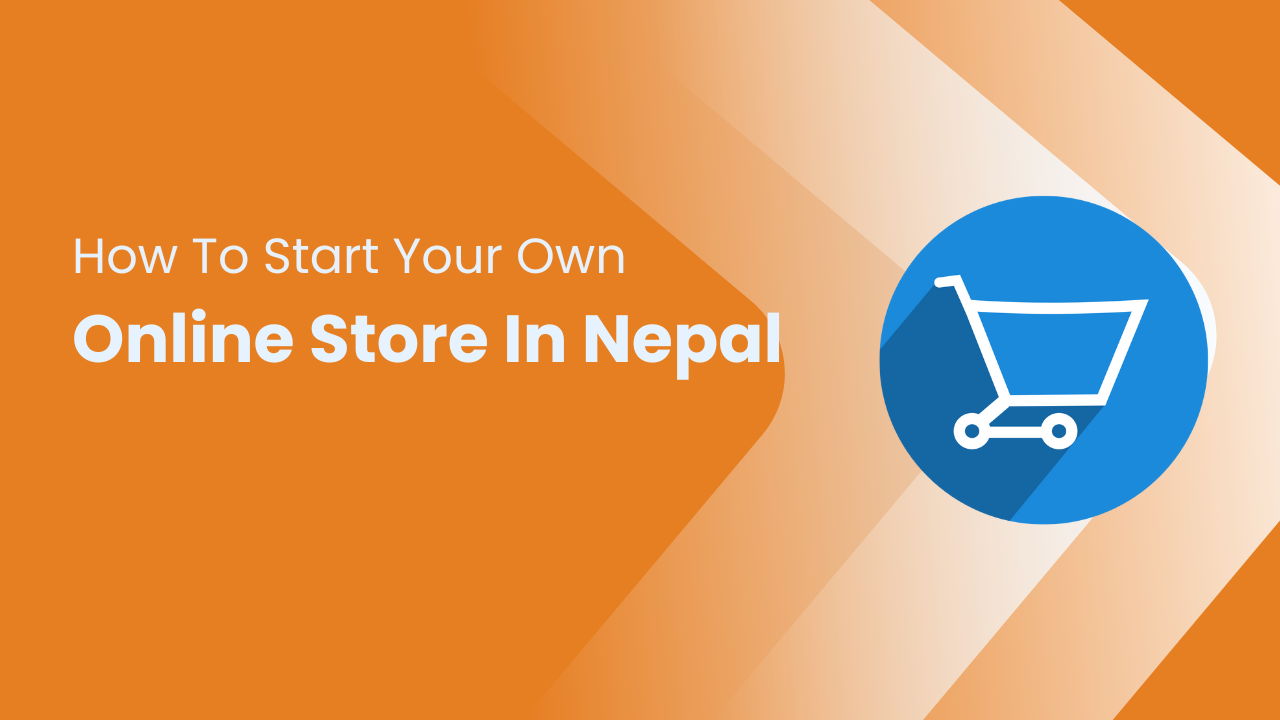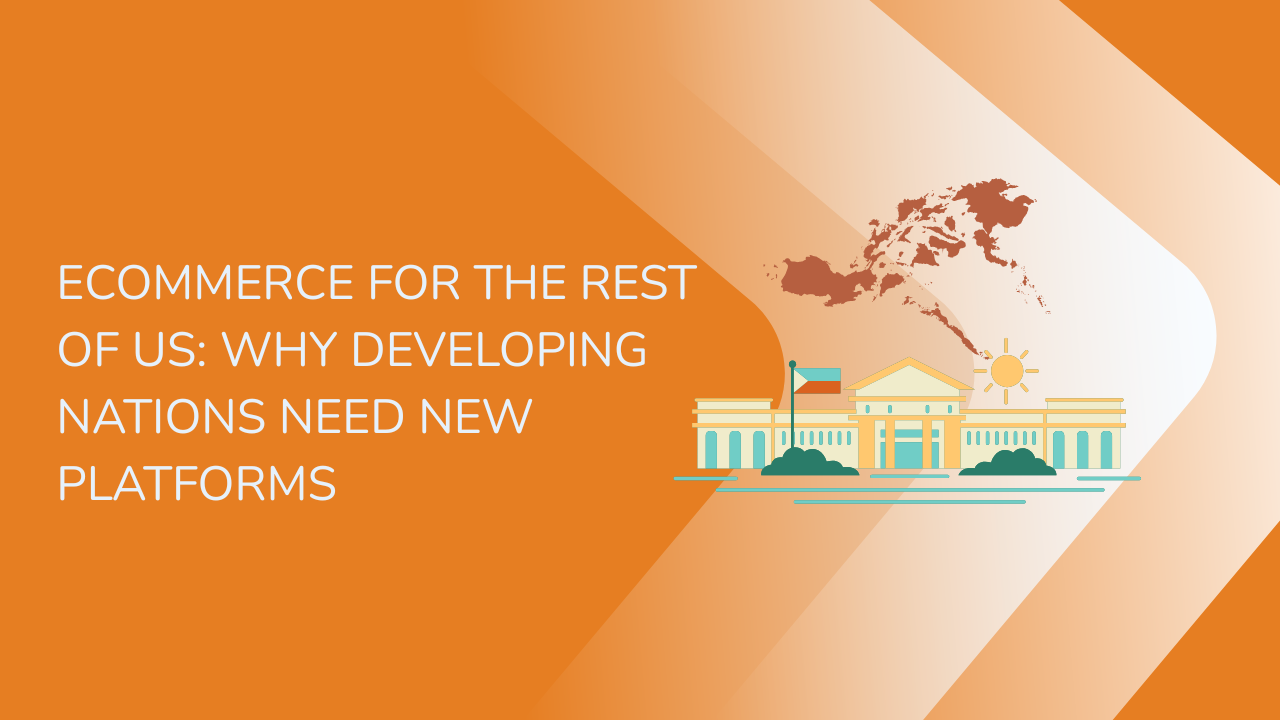Share this Article
Introduction: The Rise of Online Business in Nepal
Nepal is experiencing a digital revolution, and online businesses are becoming an essential part of the economy. With more people using smartphones, internet access expanding even in smaller towns, and digital payments becoming common, selling online has never been more accessible. Starting an online store in Nepal allows entrepreneurs to reach customers across the country without the limitations of a physical store. From fashion and electronics to handmade crafts and groceries, a wide range of products can be sold online. However, success in this growing market requires careful planning, understanding local trends, and executing the right strategies.
Understanding the Online Market in Nepal
Before starting an online store, it is important to understand the Nepali online marketplace. The urban population is increasingly shopping online for convenience, variety, and better prices, while social media platforms like Facebook, Instagram, and TikTok are commonly used to discover products. Mobile wallets such as eSewa, Khalti, and ConnectIPS make cashless payments easy and secure, while cash-on-delivery is still popular among customers who prefer to pay after receiving products. Entrepreneurs must consider customer behavior, preferences, and the level of digital literacy when designing their business model. Understanding competitors and analyzing successful online stores in Nepal can provide valuable insights for positioning and strategy.
Choosing Your Products and Niche
Selecting the right products is one of the most crucial steps in starting an online store. Popular online categories in Nepal include clothing, electronics, cosmetics, home décor, handmade crafts, and groceries. Entrepreneurs should consider both demand and profitability while also thinking about how to differentiate their products. A niche approach, such as selling organic products, eco-friendly goods, or locally crafted items, can help build a unique brand identity. Conducting research on what customers want, analyzing market trends, and understanding the competition will help ensure that the products you offer have strong potential for success.
Selecting a Platform for Your Store
Once the products are decided, the next step is to choose a platform for your online store. Options include building a custom website, using e-commerce platforms like Shopify, WooCommerce, or Daraz, or selling through social media channels. A custom website provides full control over branding and customer experience but may require more investment and technical expertise. Platforms like Shopify or WooCommerce offer pre-built solutions that are easier to set up and manage. Social media selling allows direct engagement with customers, providing a low-cost entry point for beginners. It is essential to choose a platform that aligns with your budget, technical skills, and long-term business goals.
Setting Up Your Store
After choosing a platform, setting up the store involves designing the website or social media shop, uploading products, and organizing categories for easy navigation. Product descriptions should be detailed, highlighting key features, benefits, and usage information. High-quality images are critical to convey the value and appeal of products. Pricing should be competitive while accounting for costs, profit margins, and taxes. For Nepali consumers, transparent pricing and clear communication about shipping and returns are essential to build trust and encourage purchases.
Payment Options and Security
Payment integration is a critical aspect of an online store. Customers expect secure and convenient payment options, including digital wallets, bank transfers, credit/debit cards, and cash-on-delivery. Integrating reliable payment gateways such as eSewa, Khalti, or ConnectIPS ensures smooth transactions. Security measures like SSL certificates, secure checkout processes, and encrypted customer data storage are vital to prevent fraud and build credibility. Providing multiple payment options caters to diverse customer preferences and increases conversion rates.
Managing Inventory and Logistics
Efficient inventory management and delivery logistics are key to running a successful online store. Beginners must track stock levels, anticipate demand, and prevent overselling. Partnering with reliable courier services is critical for timely deliveries, especially in remote areas of Nepal where transportation can be challenging. Packaging should be durable and professional, protecting products during transit while reflecting your brand identity. Clear return and refund policies help manage customer expectations and build trust. Offering multiple delivery options, including doorstep delivery and pick-up points, enhances convenience and customer satisfaction.
Marketing Your Online Store
Marketing is essential to attract customers and drive sales. Social media marketing, search engine optimization, and paid advertising campaigns are effective ways to increase visibility. Creating engaging content, product tutorials, and storytelling helps connect with potential buyers. Email marketing can be used to nurture customer relationships and encourage repeat purchases. Influencer collaborations and referral programs can also expand reach. Consistent and authentic communication with your audience strengthens brand reputation and loyalty.
Customer Service and Building Trust
Providing excellent customer service is vital for retention and long-term success. Prompt responses to inquiries, resolving complaints efficiently, and maintaining transparent communication during the order and delivery process encourage customer satisfaction. Collecting feedback and reviews not only helps improve service quality but also builds credibility for new customers. Offering personalized experiences and addressing customer needs proactively can set your online store apart from competitors in Nepal’s growing e-commerce sector.
Scaling Your Online Business
Once your online store is established, scaling involves expanding your product range, reaching new customer segments, and increasing operational efficiency. Using analytics to track customer behavior, monitor sales, and optimize marketing campaigns is critical for informed decision-making. Collaborating with influencers, participating in seasonal campaigns, and offering promotions can attract new customers and boost sales. Automation tools and inventory management systems help manage growth without compromising service quality. Gradual and strategic scaling ensures sustainable growth while maintaining customer trust and product quality.
Conclusion
Starting your own online store in Nepal is both exciting and challenging. The country’s growing internet penetration, smartphone usage, and digital payment adoption create immense opportunities for entrepreneurs willing to invest time and effort. Success requires careful planning, selecting the right products, choosing an appropriate platform, offering secure payments, managing logistics efficiently, and marketing effectively. With dedication, creativity, and customer-focused strategies, beginners can establish a profitable online business that reaches customers across Nepal and beyond. Selling online is not just about transactions; it is about building a brand, creating trust, and delivering value to customers in the digital marketplace.
Categories:
Sales & Conversion
Tags:
Online Store in Nepal
,
shopsmart
,
BuyWithJoy







